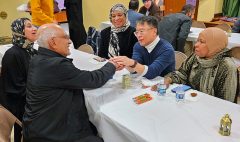‘K-Halal’ for Middle Eastern tourists in Korea
August 18, 2024 2024-08-31 2:28‘K-Halal’ for Middle Eastern tourists in Korea
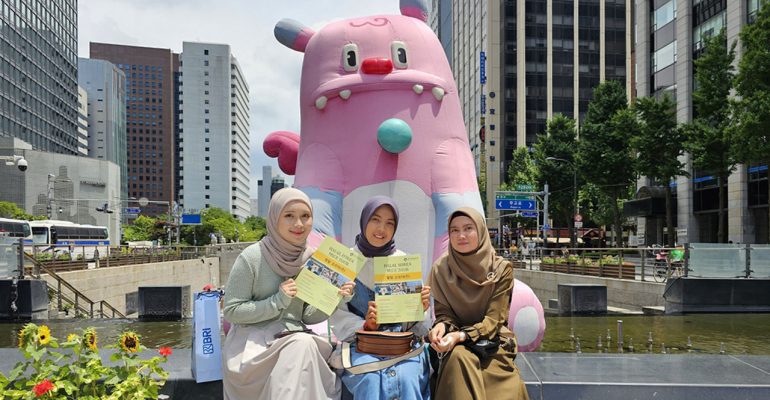
‘K-Halal’ for Middle Eastern tourists in Korea
Growth of the Halal market due to the increase in Muslim population
The Muslim market is emerging as a blue ocean with the potential to replace China. Various market analysis reports, such as the ‘Global Muslim Travel Index 2024’, estimate the market size to be around $276.7 billion this year. It is expected to grow to $417.6 billion by 2034, with a compound annual growth rate (CAGR) of 3.6% from this year until 2034.
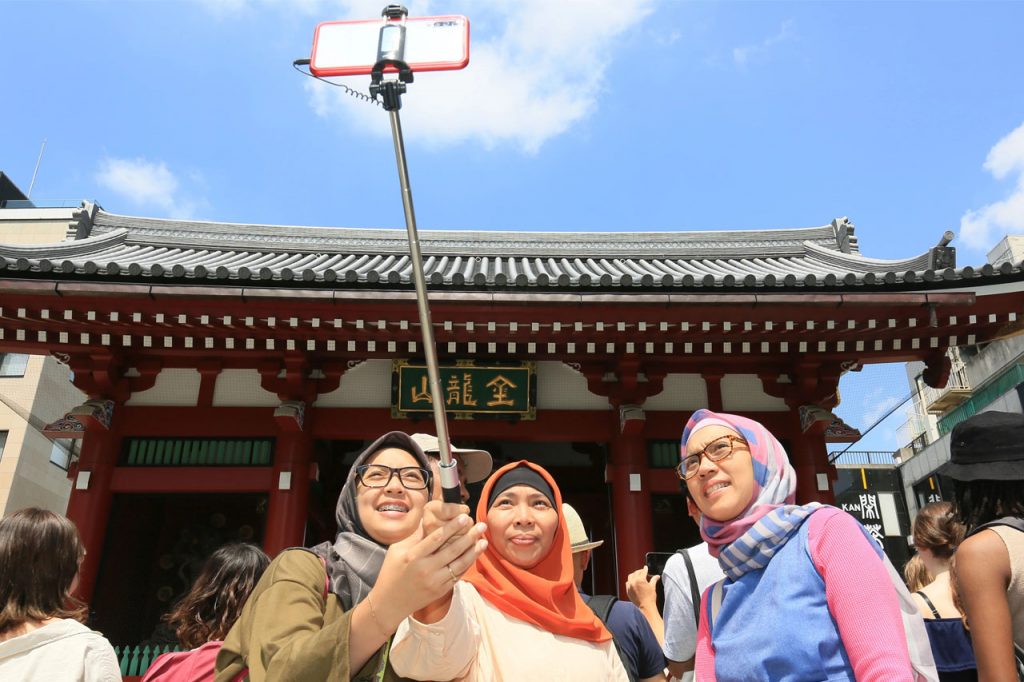
‘Halal’ means ‘permissible’ according to Islamic law and encompasses all aspects of Muslim life, including not only food but also cosmetics, pharmaceuticals, electronics, and almost all products used in daily life. Recently, the perception that Halal products are safe and reliable has spread among non-Muslim consumers, significantly increasing demand.
The global Halal market has been growing at an annual average rate of 6.2% since 2019. This growth is significantly impacting the global economy, coupled with the rapid increase in the Muslim population. In particular, various products and services are being developed to meet the needs of Muslim consumers, further enhancing the potential of the Halal market.
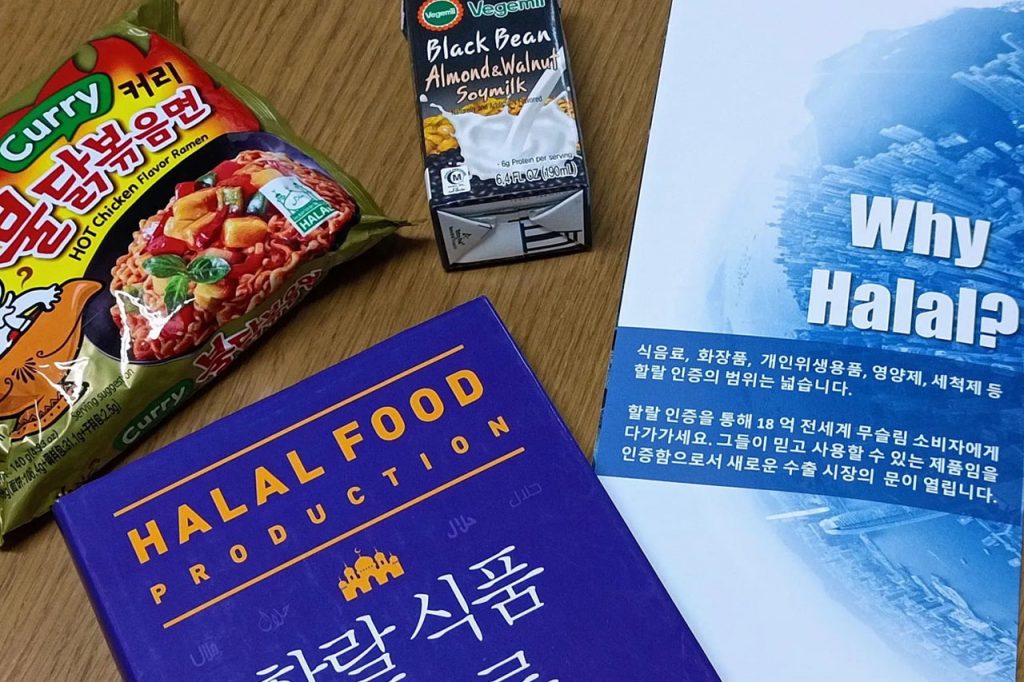
The reasons why the Halal market is gaining attention include the increase in the Muslim population, the rise in purchasing power due to economic growth based on abundant resources, and the expansion of the consumer market based on a cultural identity that values Islamic law in any situation. Particularly, the cultural impact of multiple births, seen as a virtue, has led to an increase in young consumers driving market changes in travel and wellness.
The development of information and communication technology, the expansion of tourism information, and the enhancement of Muslim-friendly facilities and services also contribute to this trend. This phenomenon is not only about meeting religious needs but also relates to the global demand for healthy and safe products. Therefore, companies are enhancing their competitiveness in the global market through Halal certification, further promoting the growth of the Halal market.
The Surge of Muslim Tourists and Korea’s Tourism Industry Response
By 2024, the number of Muslim tourists worldwide is expected to reach approximately 160 million, with their expenditure amounting to about $225 billion.
The remarkable growth and changes in the global Muslim tourism market suggest the increasing importance of Muslim tourists in the tourism industry. The trend of increasing Muslim tourists visiting Korea is also evident.
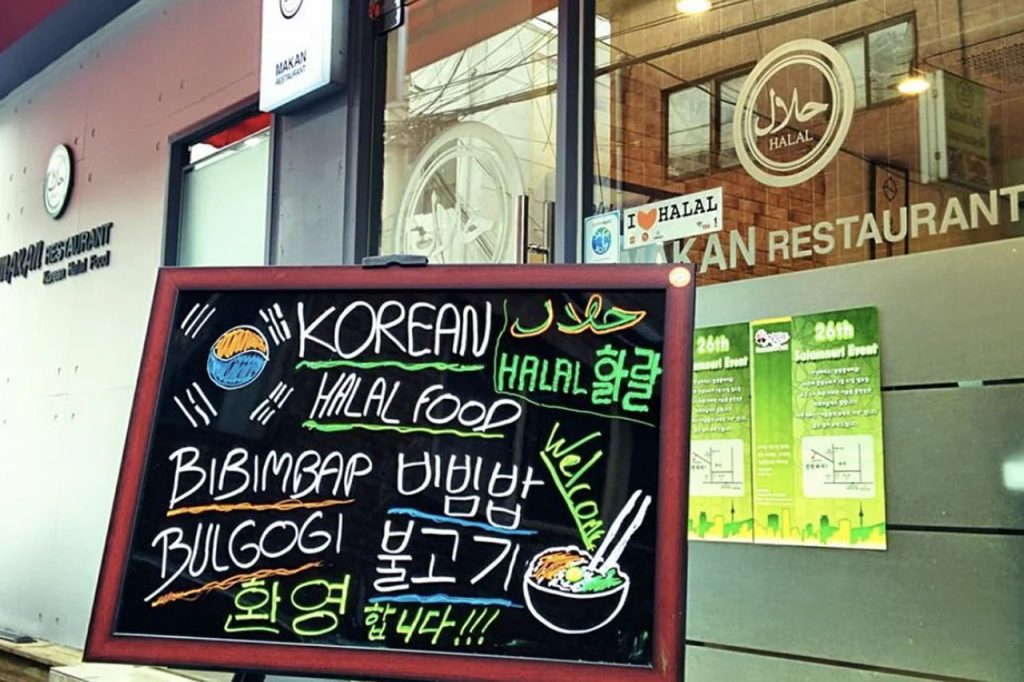
In 2019, the number of Muslim tourists visiting Korea exceeded 1 million, and by 2023, it had recovered to levels similar to before the pandemic.
According to the Korea Tourism Organization, the number of Muslim tourists who visited Korea last year totaled 985,858, a 33% increase from the previous year. The proportion of Muslim tourists among all tourists visiting Korea is increasing every year, but there are still many complaints about the lack of prayer rooms and restaurants, indicating that there is a long way to go for Muslim tourists to travel comfortably in Korea.
This increase indicates the rapid growth and recovery of the Muslim tourism market and is closely related to the continuous expansion of Muslim-friendly infrastructure in Korea.
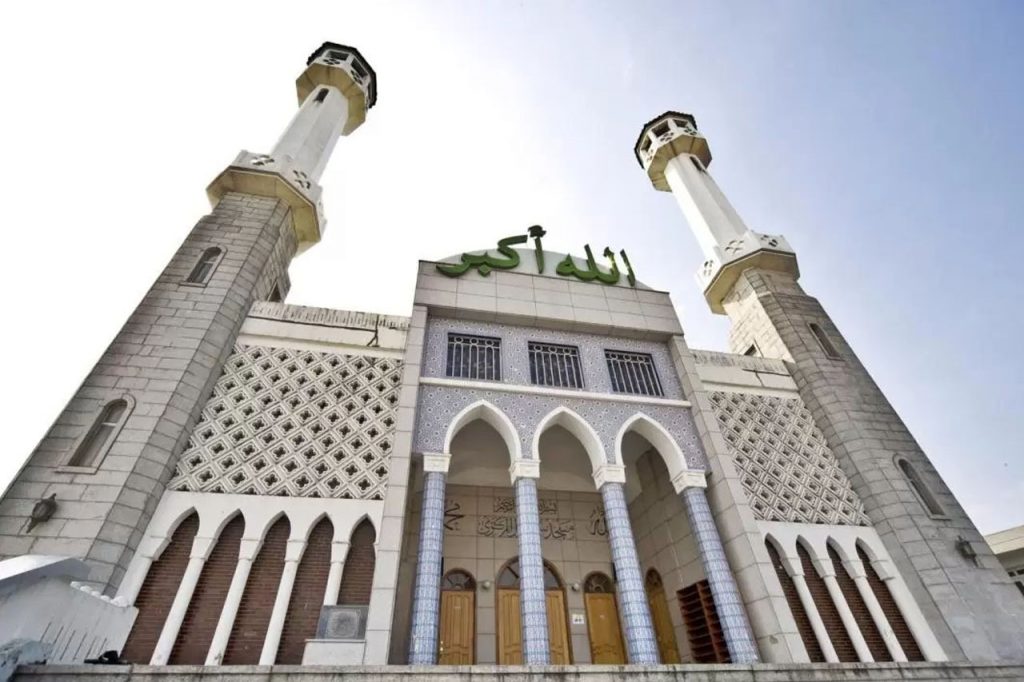
Korea is continuously expanding infrastructure such as Halal restaurants and prayer rooms for Muslim tourists, creating Halal food streets in areas like Itaewon, Seoul, providing a comfortable environment for Muslim tourists. However, Muslim tourists, who have significant cultural and religious differences, face many restrictions compared to tourists from other cultural backgrounds. Muslims are highly sensitive to ‘Halal’, which means permissible to eat and use according to Islamic law. While efforts are being made to provide better travel experiences to Muslim tourists through various cultural contents, conflicts arise due to a lack of understanding of their religion and culture.
There is still a significant lack of Muslim-friendly facilities and information on Halal certification in Korea.
Reducing the constraints Muslim tourists face in Korea and providing them with a more comfortable and satisfactory travel experience is a crucial task for the Korean tourism industry.
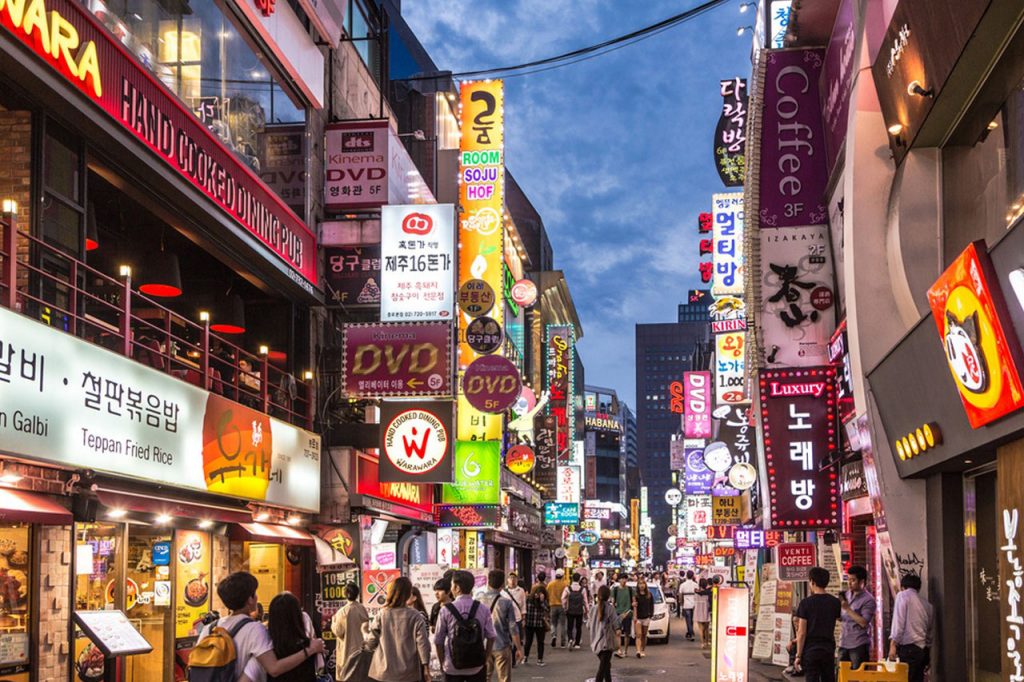
Efforts are needed to utilize new technologies like AI to provide easier access to various tourist attractions and cultural content for Muslim tourists. Also, providing a better travel experience for Muslim tourists and enhancing global tourism market competitiveness is necessary. It is necessary to improve various services to meet the needs of Muslim tourists from a more meticulous perspective.
If Korea’s tourism industry can meet the needs of Muslim tourists, it can become a new popular spot for Muslim tourists.
Source: Yonhap News Agency



